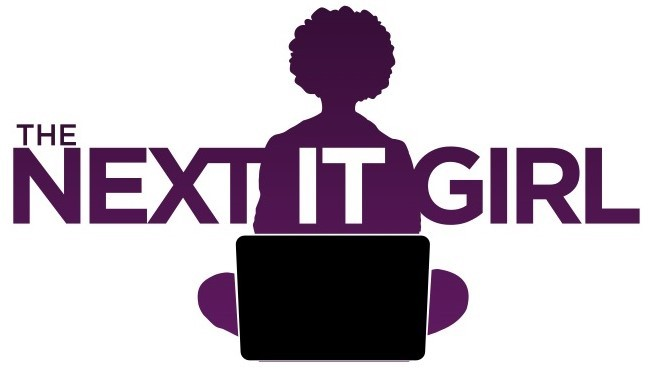109: 3 Practical Skills to Succeed in Tech

Heather Hansson is a Product Manager in digital marketing technology thanks to open doors of opportunity. She loves fun food, a good book, and the blue eyes of her little one who can be anything he wants to be when he grows up.
When I started my first big career opportunity, I never expected it to be in IT. As a matter of fact, I told myself I was not qualified to work in a world with computers, software, and languages beyond the many I learned singing in choir. But my fear of the technical world and my ignorance and assumptions about what made a person “good at” tech were the only things keeping me from moving forward into what has now spanned a 20+ year adventure. The secret wasn’t that I had to be good at understanding the technology but in taking advantage of the skills I already had.
BE ORGANIZED
In every tech company, from organization down to each team, success is not just defined by a developer who knows many coding languages, the product manager who has been around for 35 years, or the designer who creates pictures to bring a product to life. Behind each role is information, tools, and skills that help each person be successful in their role and it requires organization, structure, and discipline. Anyone can be taught how to code or how to manage a product life cycle. But being organized, well documented, and on top of deadlines, status, and communications, requires discipline and methodical purpose among your tasks so that you can serve your customer and meet their needs.
TIP: Find ways to use your organizational skills to keep a cross-functional project on target, strategize a process, or balance and prioritize a heavy workload.
BE CURIOUS
Tech helps us solve problems, build efficiencies, and integrate layers of data. It is the lifeline for industries from banking to medical, to automotive, and beyond. It empowers and drives unfathomable networks. And while it can be invisible in a cloud, it can activate a cell phone or run a country. The power behind how technology can help so many and for so many situations can be intimidating, but the common denominator to all of these is curiosity. This is a skill that not all have. You need to be curious when solving a problem so that you can find the best solutions, push the limits on how far one can go, and put yourself in someone else’s shoes to understand behavior and process.
TIP: Think about multiple solutions to one problem, identify challenges that prevent you from being successful, and empathize with your stakeholder when solving for their needs.
BE GIVING
As previously discussed, being in tech can be powerful. You learn things others do not have the time or focus to know. Hoarding information for job security is a thing of the past. To really succeed in tech, the more you share with others, the more you get back in time, partnership, and trust. Having a giving mindset can turn a need into thorough requirements that provide clarity to your developer. A mounting list of questions can turn chaos into useful documentation for your support team. And giving of your time to train can make a stakeholder into a confident subject matter expert.
TIP: Find opportunities to document subject matter into palatable and useful toolsets, give information sessions (live or recorded) on topics of interest, and keep information in accessible, common areas that others can use.
Through organization, curiosity, and giving, you can take anything you learn in your technology role to another level and be a significant contributor and trusted partner.
